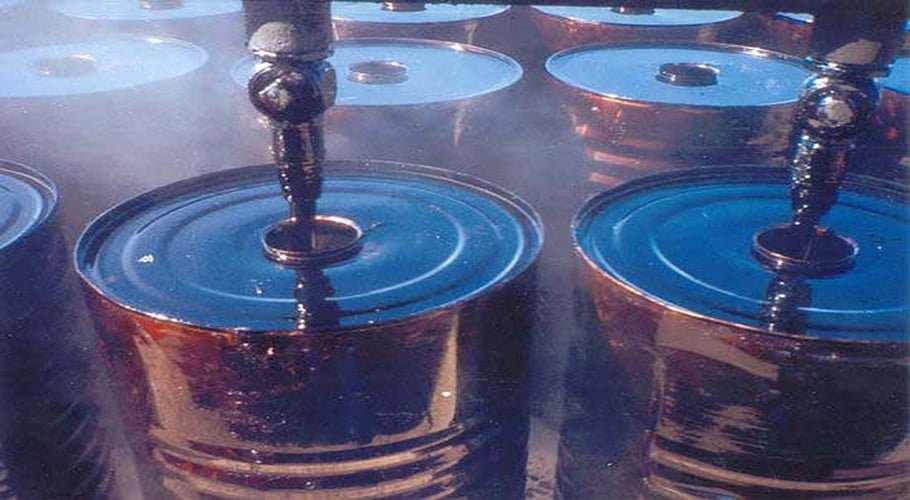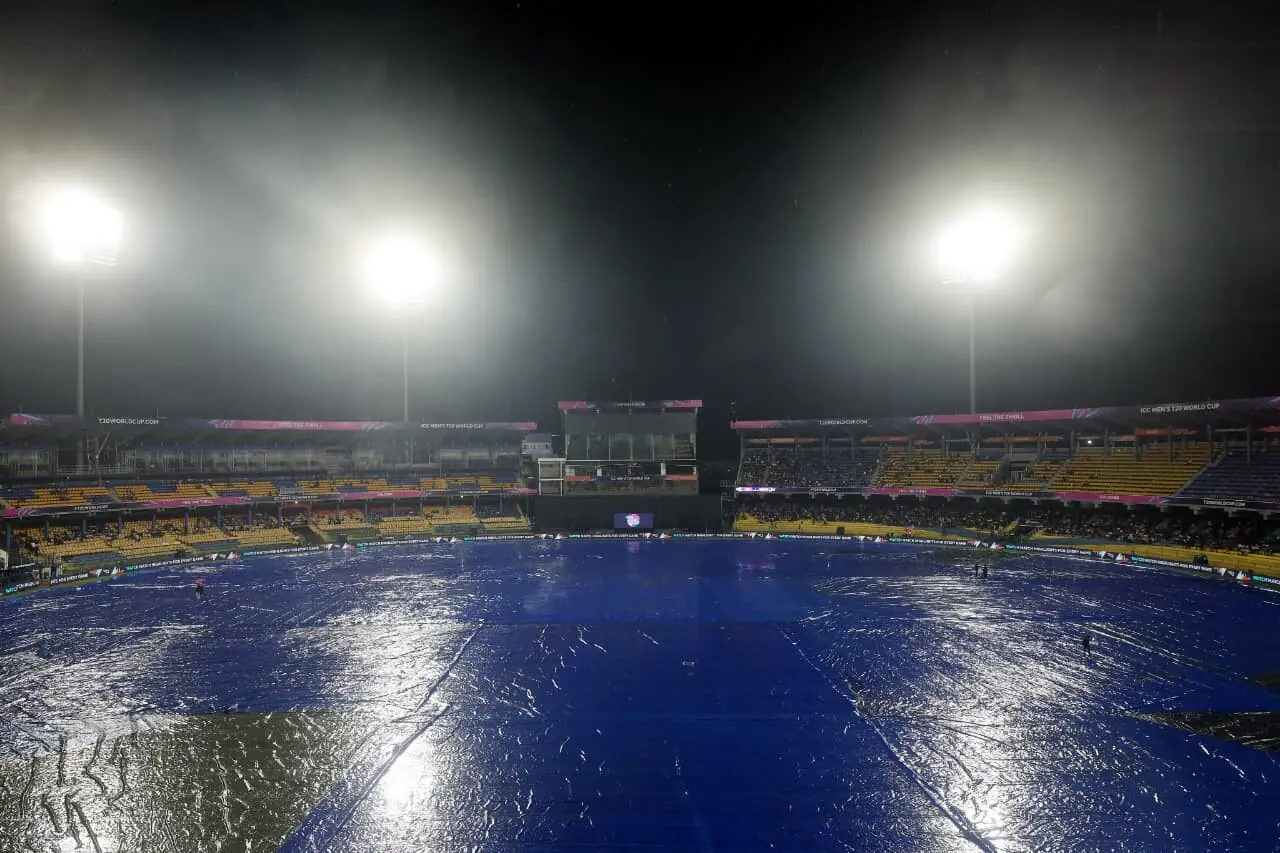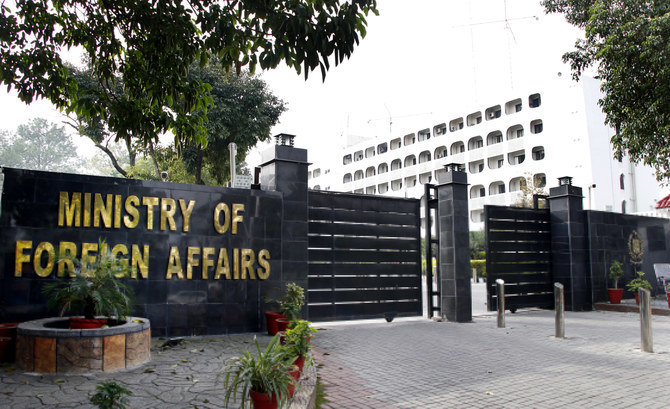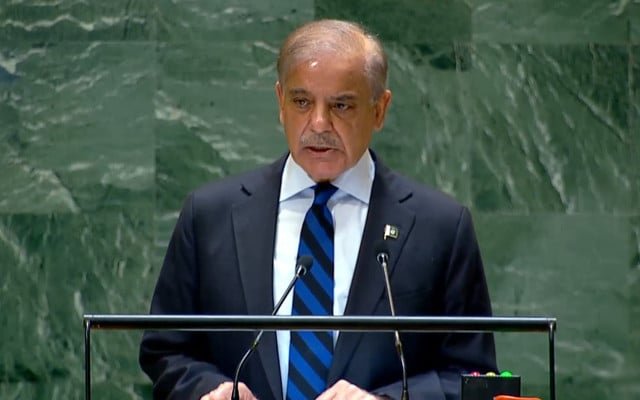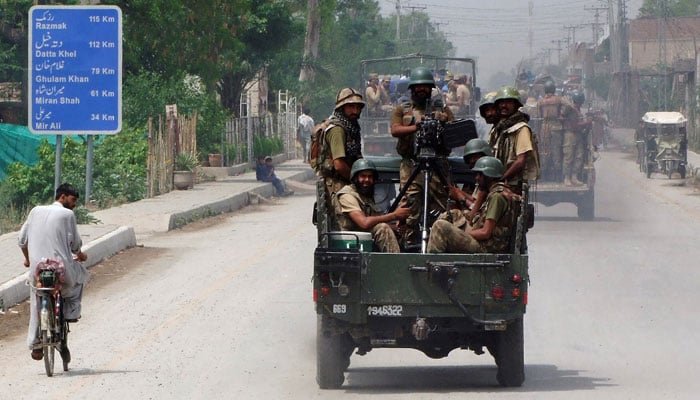The ongoing Israel-Iran conflict is having ripple effects beyond the Middle East, with Balochistan now facing a worsening fuel crisis due to the disruption of Iranian oil supplies. Petrol pumps across several districts bordering Iran — including Turbat, Gwadar, Panjgur, Chagai, Washuk, and Mashkail — have shut down, leaving thousands of residents struggling to access basic fuel and food supplies.
Local sources report that nearly 60 to 70 percent of petrol stations in these areas have closed as the supply of Iranian smuggled petrol and diesel — previously the region’s primary fuel source — has been completely suspended. The situation has been further exacerbated by the recent crackdown by district administrations, which forcibly shut down stations selling unregistered Iranian fuel.
As a result, black market rates have surged, with petrol being sold at Rs280 to Rs300 per litre — significantly higher than the government-set price of Rs254 per litre. Meanwhile, legal fuel supplies from Karachi are also facing delays due to multiple road blockades between the port city and Quetta.
Despite the mounting crisis, the Balochistan government has dismissed reports of a province-wide fuel shortage. Speaking to the media, government spokesperson Shahid Rind said that most registered petrol pumps in Quetta are functioning normally. He claimed that the perceived shortage is being exaggerated by elements seeking to pressure the government into lifting the ban on smuggled Iranian fuel.
Rind also cited serious safety concerns, noting that 28 petrol-related accidents were reported in Quetta alone over the past month, many linked to illegal fuel outlets. “These so-called shortages are engineered. We will not allow smuggled fuel to return under the guise of crisis,” he said, adding that action will be taken against any station involved in hoarding or refusal of service.
The crisis has exposed the heavy reliance of Balochistan’s remote districts on informal fuel networks, and raised urgent questions about the region’s energy security, especially amid growing geopolitical instability.



